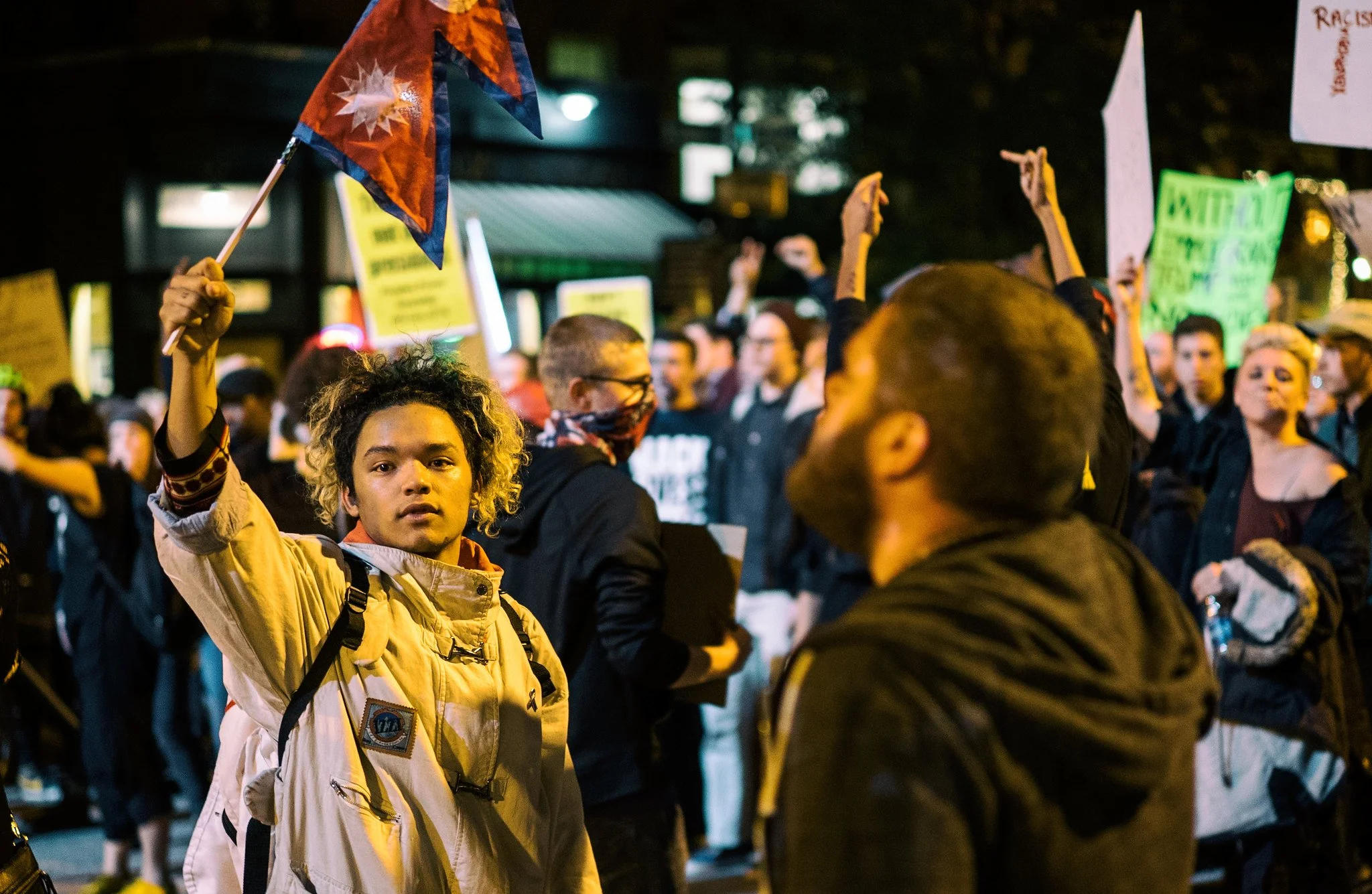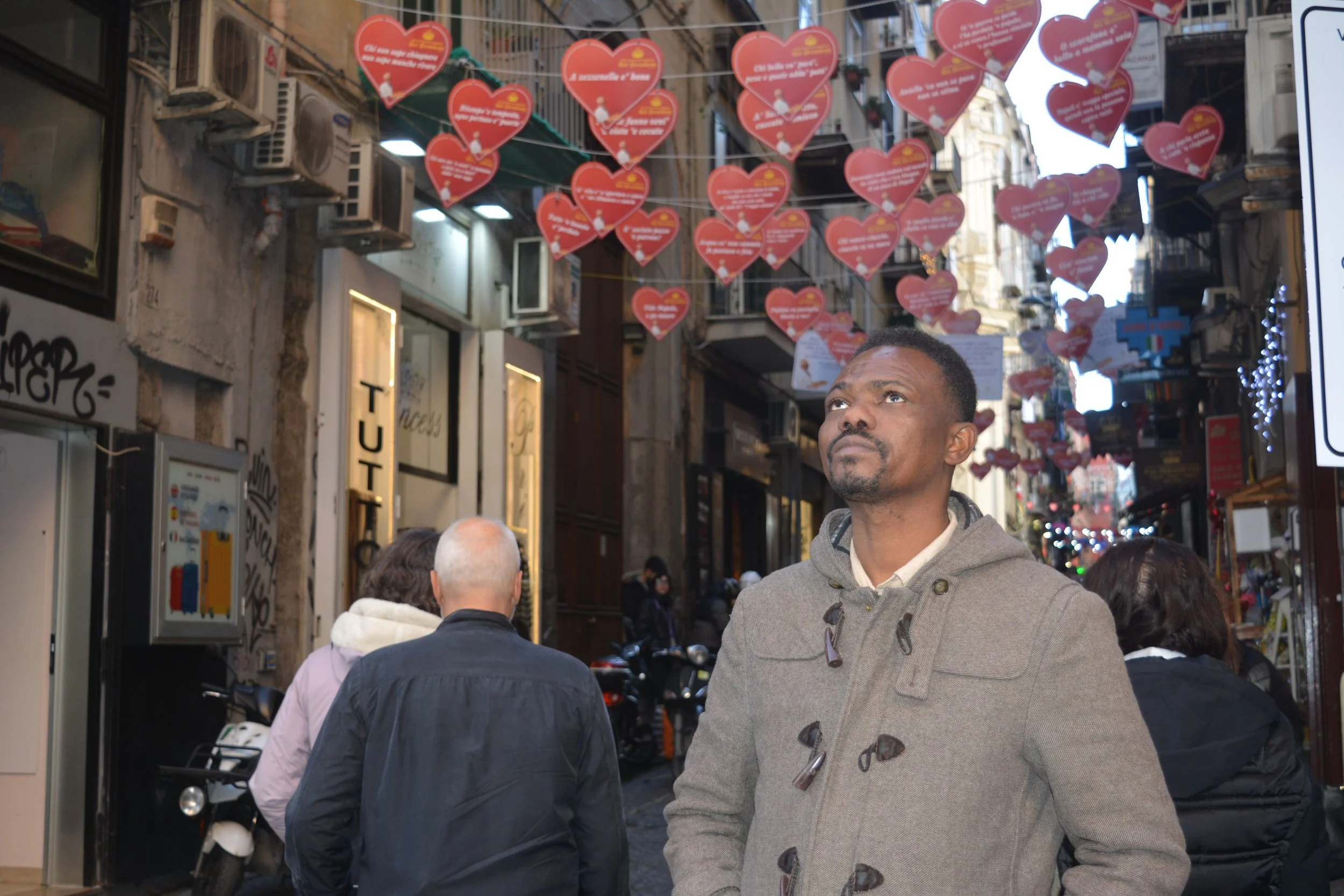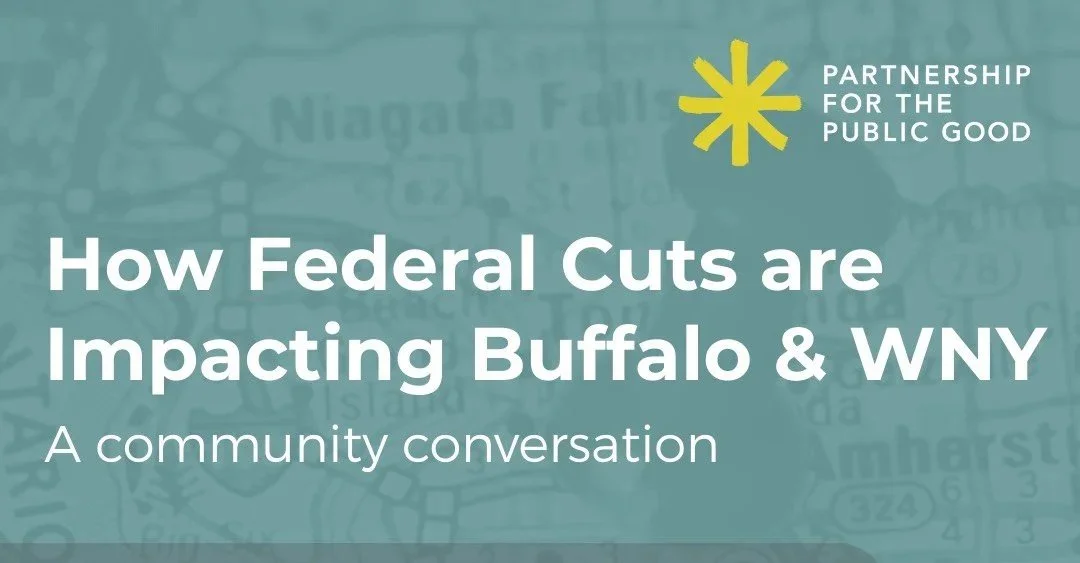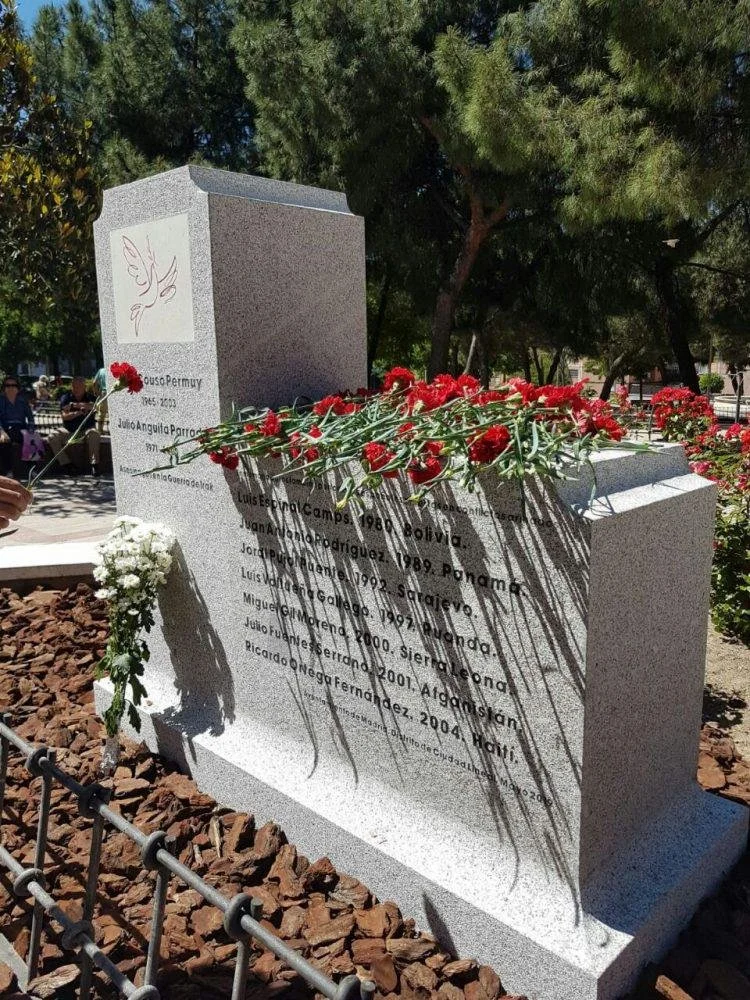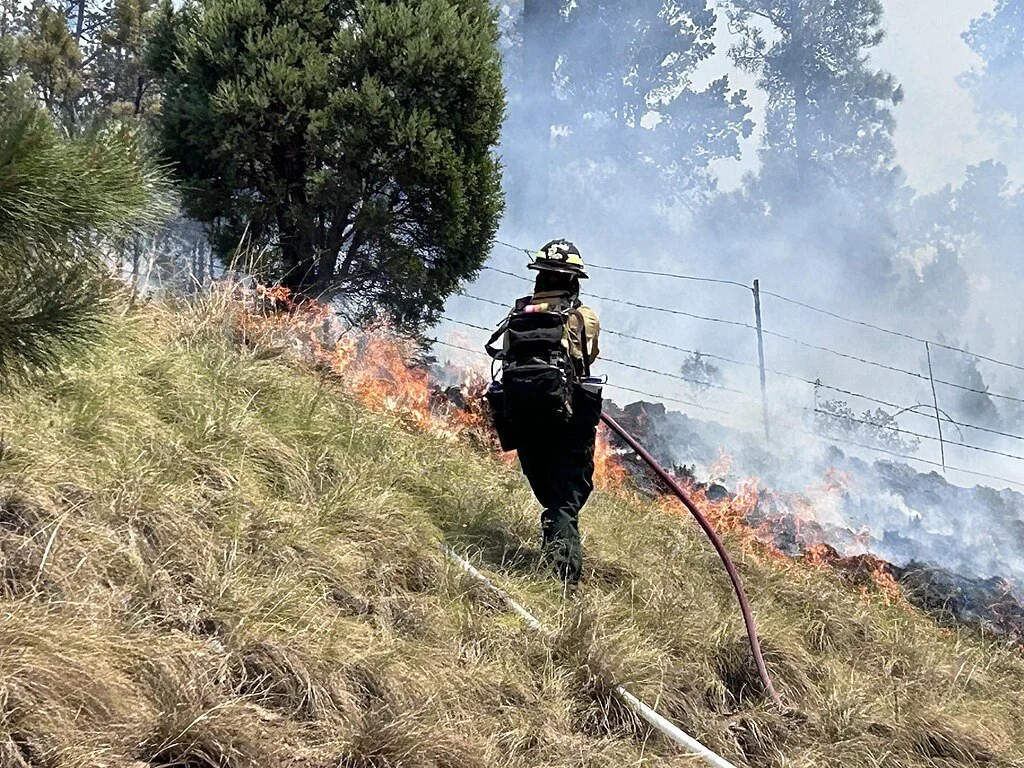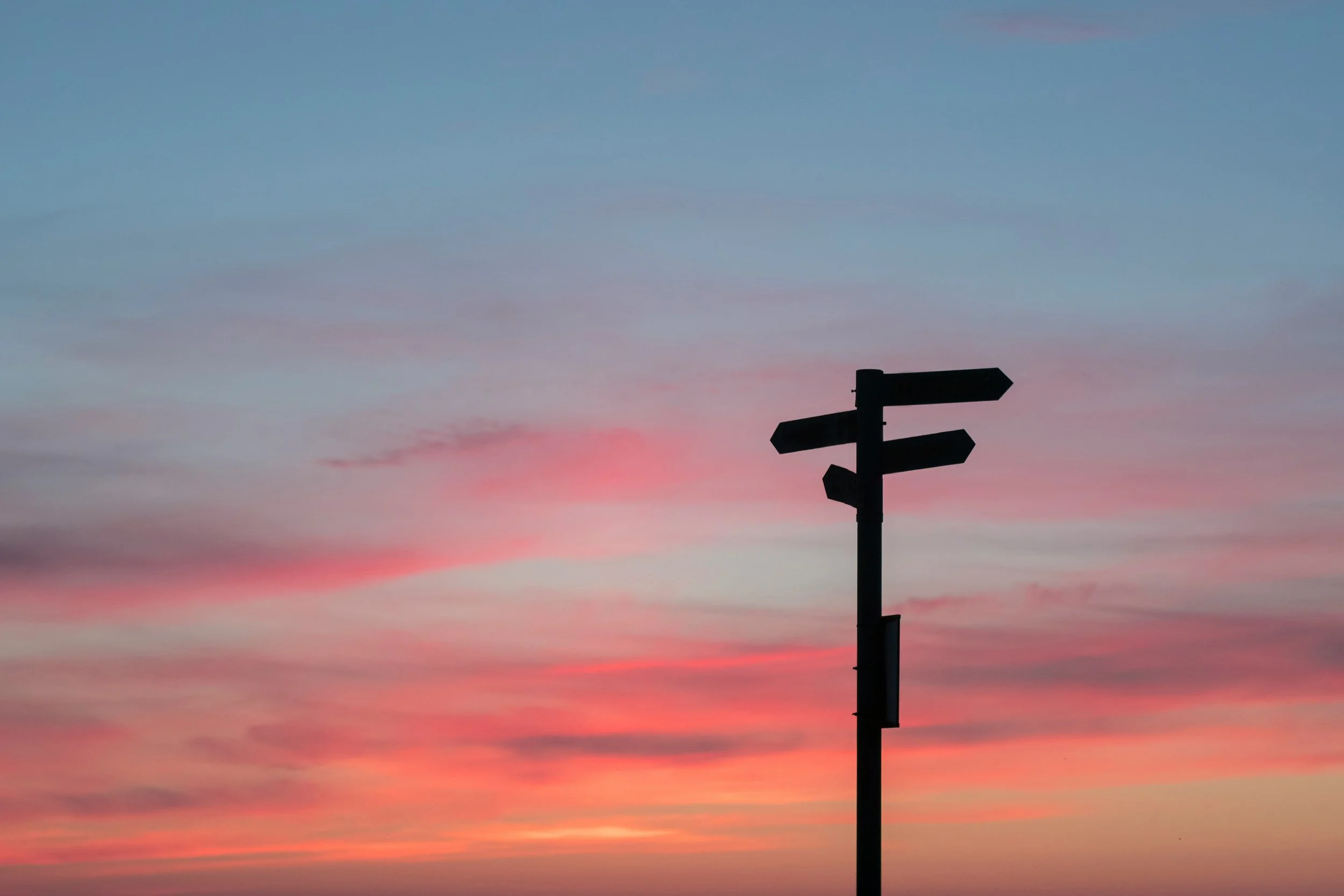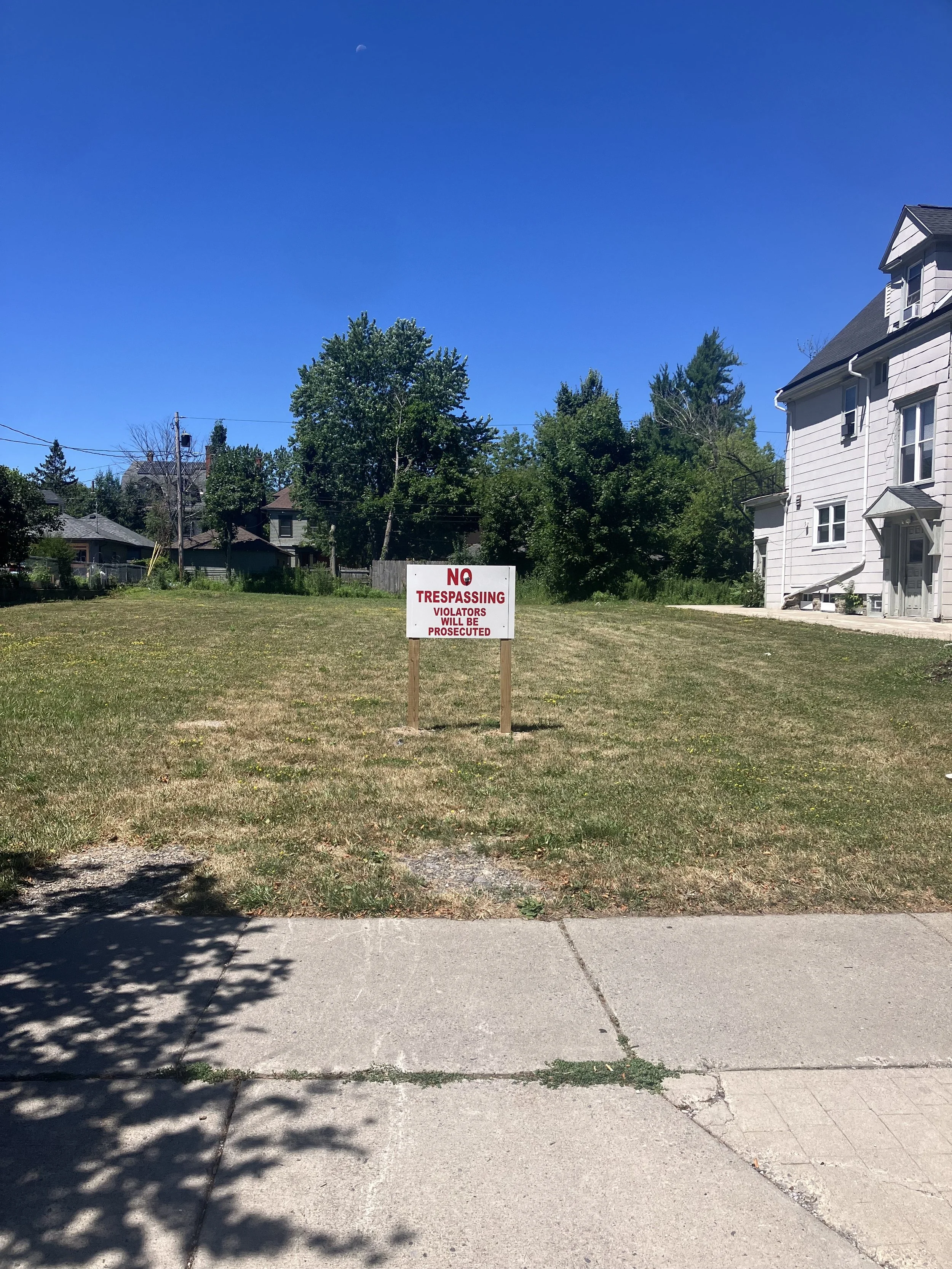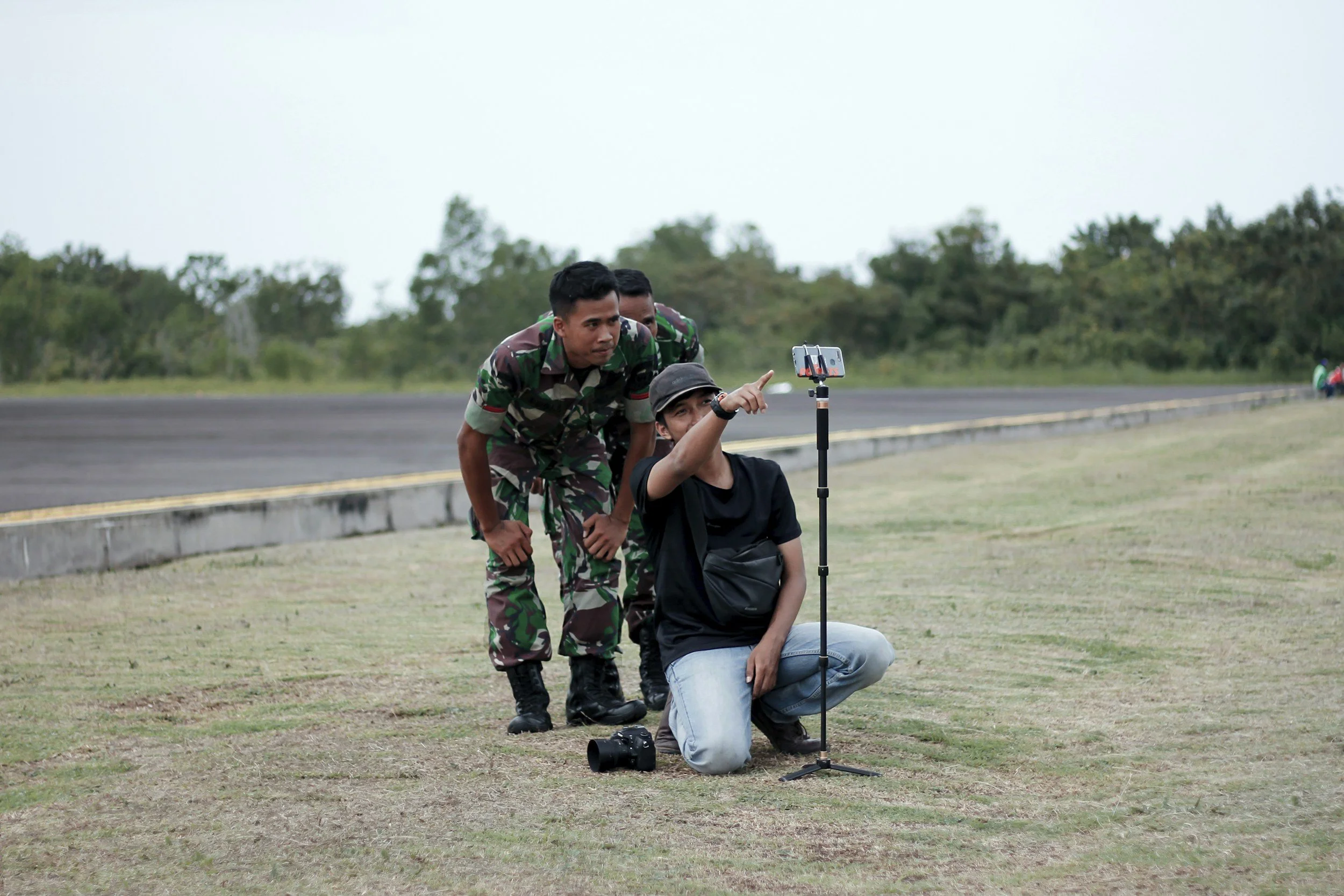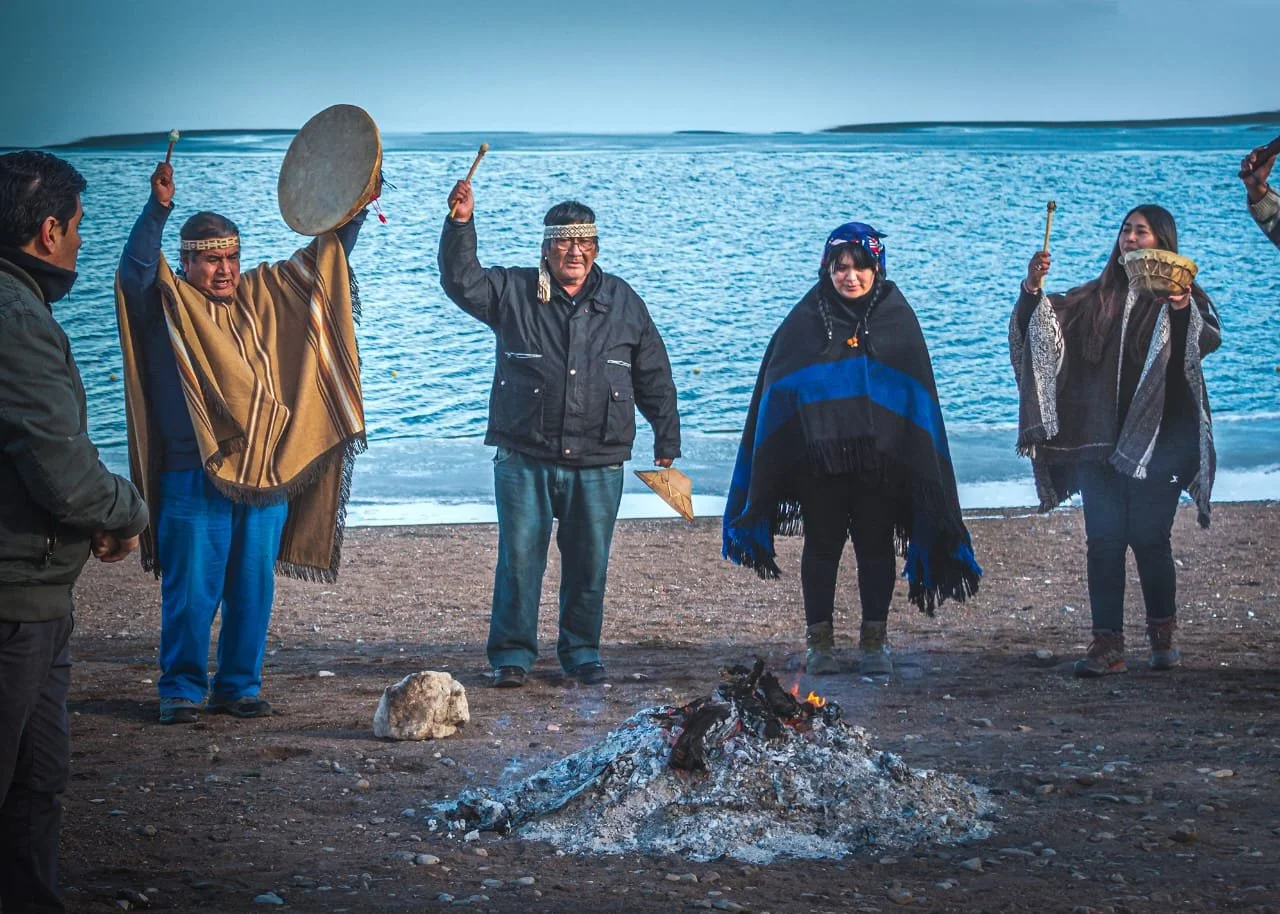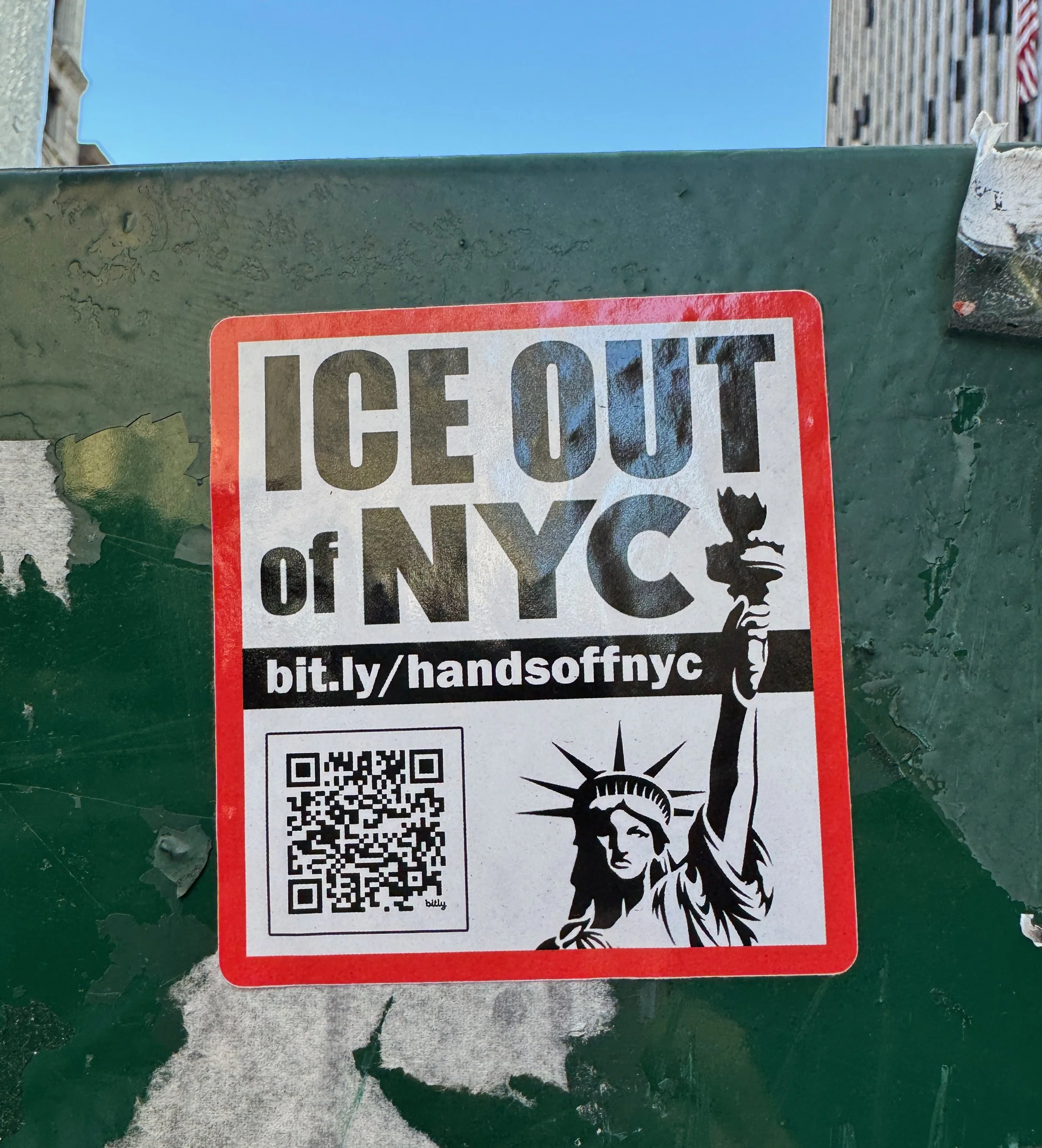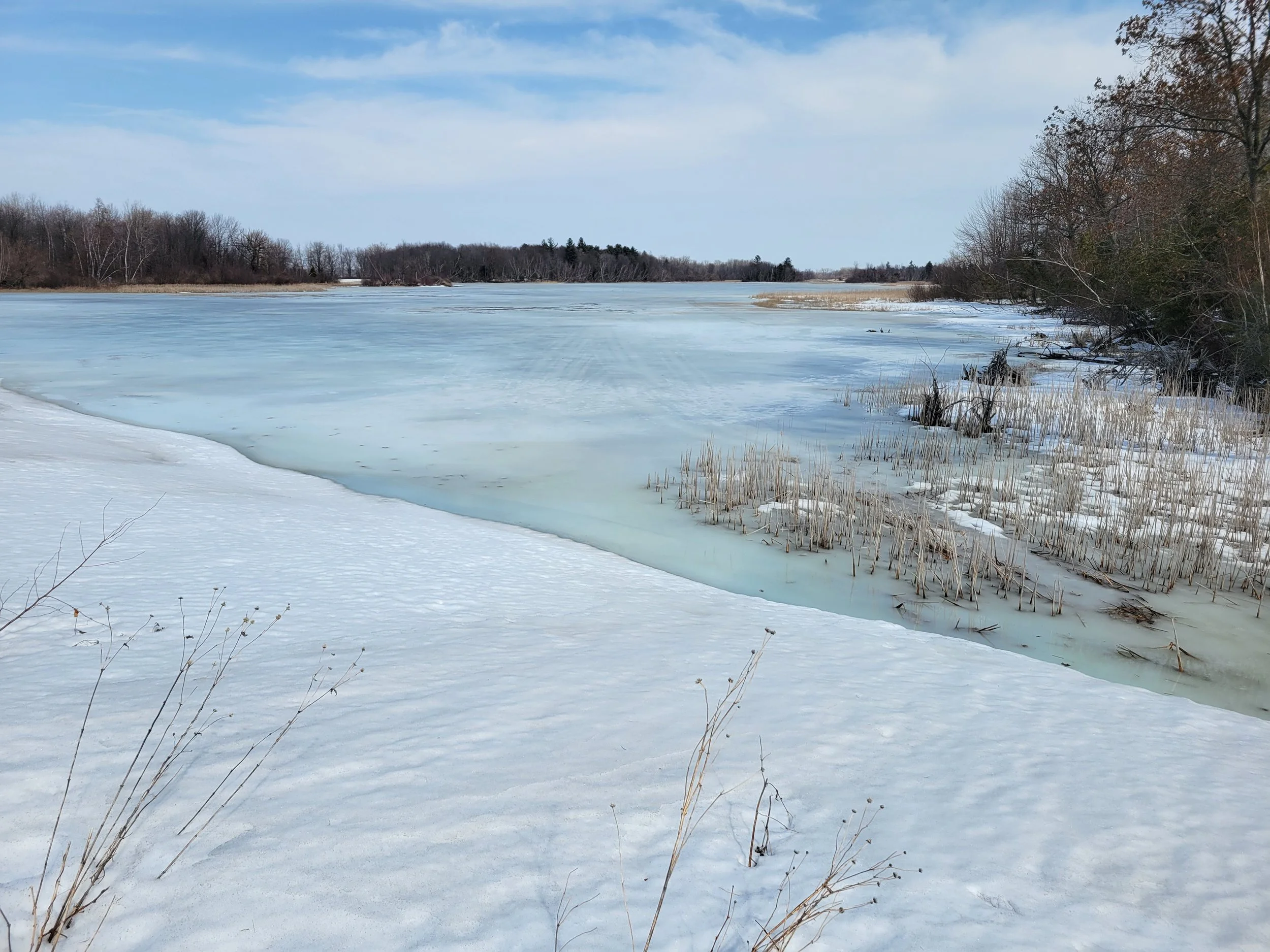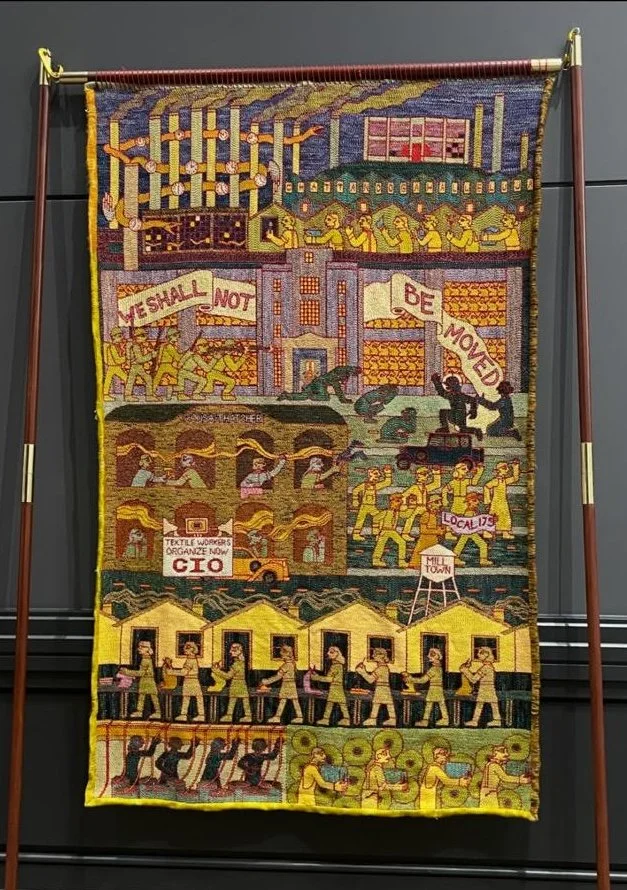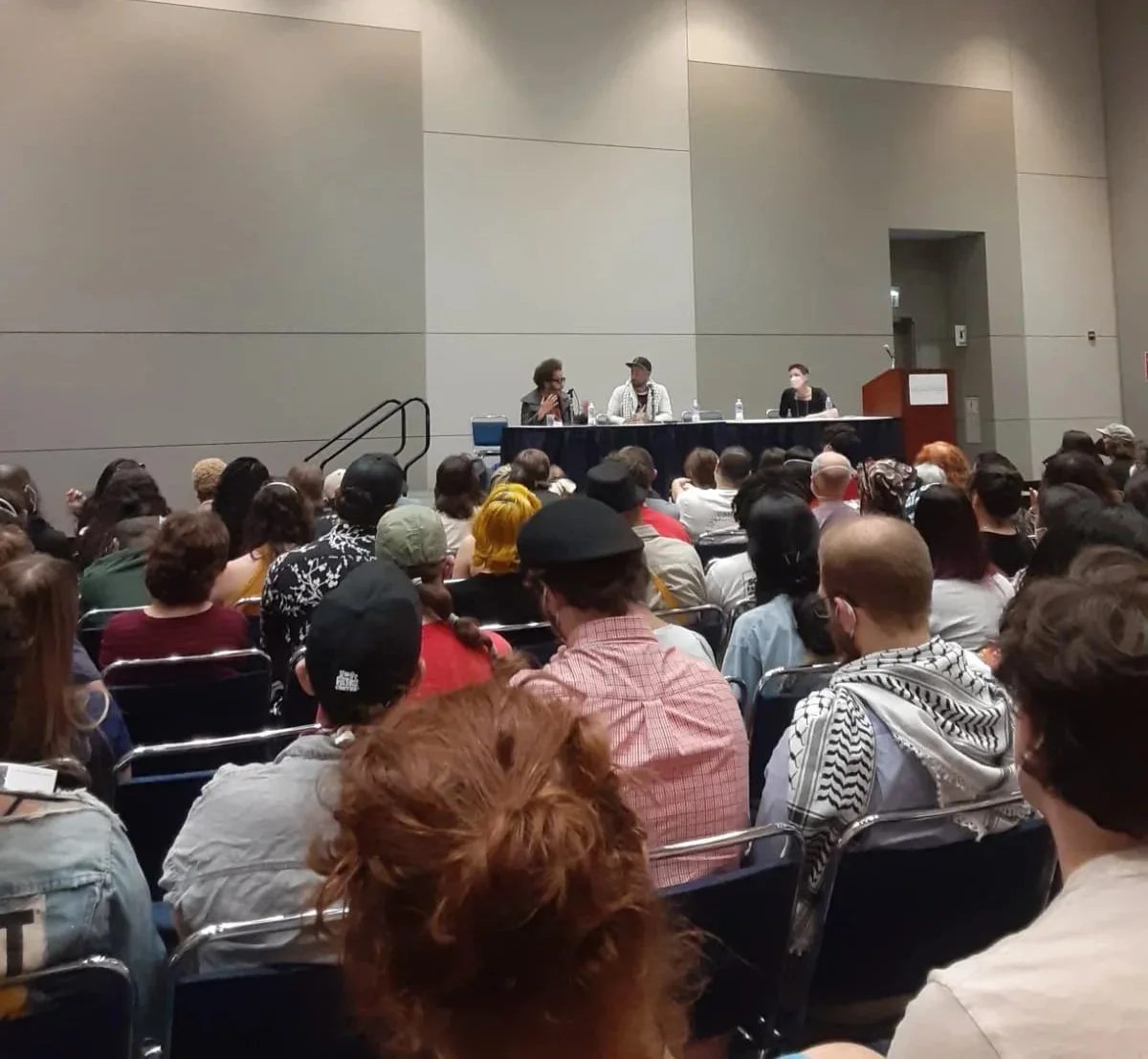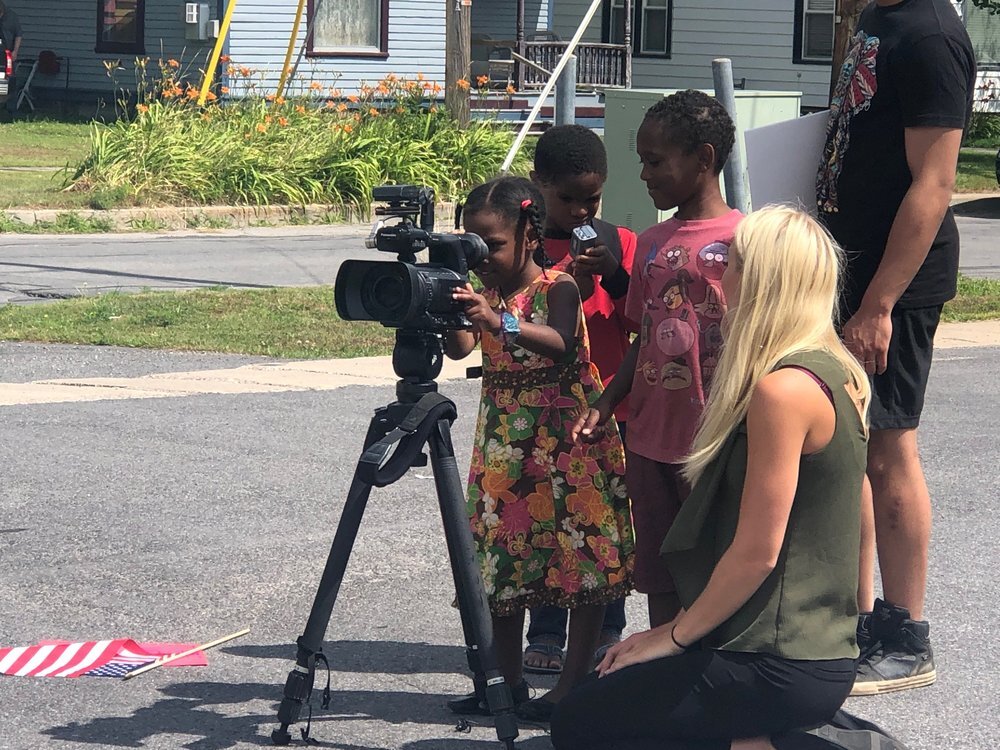
Stories
News
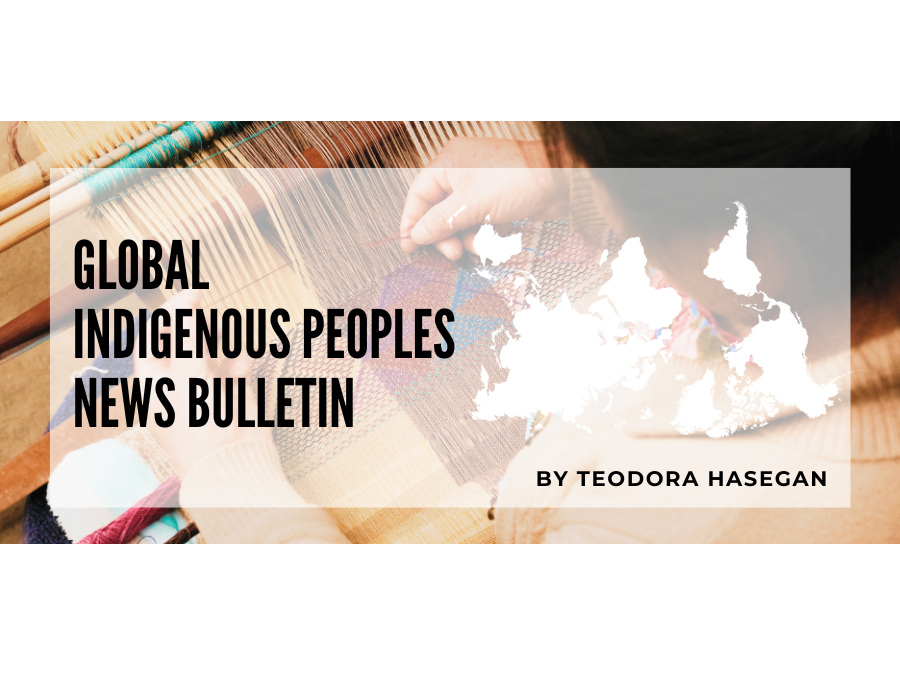
Analysis
Voices
Podcast
Announcements
Events

All Stories
“Not Another Billionaire!”: North Country Activists Mark Inauguration Day With Rally for Economic Justice
On a day when Donald Trump, surrounded by tech titans such as Elon Musk and Jeff Bezos, was inaugurated for the second time, a group of determined residents in northern New York took to the streets seeking to re-energize the struggle against oligarchy and predatory capitalism.
The Impact of Climate Change on North Country Farmers
“I am not optimistic. I think it will get harder and harder.” This was St. Lawrence County (NY) farmer Dan Kent’s response when asked how climate change will impact local farmers in the years to come. Localized farming practices have both economic and environmental advantages for the North Country. But with warming temperatures and varying weather patterns, local farmers in the region will need to find ways to adapt in order to maintain their livelihoods and retain the benefits of local food systems.
We Are Not Powerless: Advocating For Clean Water and the Rights of Rivers
Recently, wildfire smoke darkened our skies in northern New York, making being outside unpleasant to downright unhealthy. We experienced what it’s like when something fundamental that we take for granted, such as clean air, isn’t available. Here in the North Country, far from big cities, we expect clean air; yet we were powerless to do anything about the air pollution we were suddenly suffering. Clean water is also fundamental to our well-being. We expect our waterways to be clean and healthy, but clean water is under threat from pollution.
“We’re trying to move a society”: Speaking Up For the Rights of Rivers in the North Country
“Rivers keep us alive and keep so many other living beings alive.” With those words, Blake Lavia, the President of Talking Rivers, welcomed more than 30 North Country community members to a wide-ranging discussion on a revolutionary idea: the Rights of Rivers. Held at Clarkson University on Earth Day (April 22), the event showcased the local and global momentum behind the idea as well as some of the key challenges facing those who would like the Rights of Rivers to become law across the St. Lawrence River / Kaniatarowanénhne and Adirondack Watersheds.
The Struggle for Quality Employment in the North Country: Beyond Prisons and the Military
In this article, I wanted to go beyond simply presenting statistics to illustrate the extent of unemployment or economic insecurity in the North Country. I thought it was important to discuss how dependence on the military-industrial complex and the prison-industrial complex make the region's economy vulnerable, negatively impacting workers and their families.
Economic Insecurity: The Struggles and Resilience of the North Country
In this article, I seek to go beyond simply presenting statistics to illustrate the scope of poverty or economic insecurity in the North Country. I want to show how the limited understanding of poverty, as a threshold defined by institutions, obscures our awareness of people’s struggles to cover their necessities and of the systemic issues causing economic insecurity. Beyond this, I explore the intersection of social class with other identities such as gender and race while also highlighting the importance of grassroots work. Overall, I hope to generate more empathy for our neighbors and encourage support for the people working to improve their communities.
Rights of Nature: The Vision of the Younger Generation in the North Country
“The younger generation is often framed as the ‘procrastinator.’ We are the ‘kids’ who only care about social media. Yet, in the face of the Climate Crisis, our generation is mobilizing to demand change. Here in the Haudenosaunee territory (the North Country), people of all ages believe in the ideas that the concept of Rights of Nature encompasses. We believe nature deserves further legal protection in the form of recognition as a living entity with legal standing. We want to preserve and prosper with our Mother Earth. This is why young people from the St. Lawrence River watershed are working together to organize an international symposium which will take place on March 22, International Water Day. During the North Country Rights of Nature Symposium, community members will join to discuss how best to protect the region’s waterways.”
Communal Narratives and the Danger of Imagination: Pedro Ponce Discusses His Award-Winning Story Collection
Recently Weave contributor Nicole Roche spoke with author Pedro Ponce about his new short story collection, The Devil and The Dairy Princess, winner of the 2020 Don Belton Fiction Prize. In this collection, published on Oct. 5 by Indiana University Press, Ponce deftly employs dark humor, unreliable narration, and misdirection as he explores themes related to knowledge, authority, identity, and communal narratives.
"My COVID Summer" : Students Share Experiences, Hopes for the Future
St. Lawrence University students, like students everywhere, have faced a range of issues connected to the global pandemic. Weave contributor and editor Nicole Roché reached out to former students from all over the country—and all over the world—asking them to share their experiences from this difficult summer.
Here are their stories.
How Was Your Weekend?
To break the awkwardness of a group discussion, a student asks, “how was your weekend?” For Namarig Kram, the question from a white classmate was a window into the dynamics of racism on and around her university campus in northern NY. Read her story in the latest installment of our Surviving PWIs for POC series.
“In My Own Backyard”: SUNY Potsdam Professor on Archaeology as Entry Point to Local History, Instrument of Social Justice
By Nicole Roché
“I think there’s something really compelling about living and researching in the same place. To feel more grounded, quite literally, by going into the ground. I think there’s a power to that. Of staying and learning more about where you live.” Nicole Roché introduces us to Dr. Hadley Kruczek-Aaron, who does archaeological research at the intersection of local history and social justice.
“I Am Home!”: Locals March against Racism and Xenophobia in Majority-White Potsdam, N.Y.
By Nicole Roché
As the “March against Racism” began on Saturday morning in Potsdam, New York, organizer Jennifer Baxtron told the crowd to raise their signs and let their voices be heard. “Show everybody that even in this little town, love conquers hate,” she said. “Love overpowers hate.” Nicole Roché reports on a march that sought to shine a light on the need to address issues of racism and xenophobia in the majority-white “North Country” of northern NY - and beyond.
Becoming Visible: Navigating Addiction in the North Country
By Connie Jenkins
What do we encounter every day that most of us just don't see? The cruelest life circumstances are translated into statistics — cold percentages that don’t fully show the heartache of poverty, addiction, crime, and loss. The numbers represent real people in our hometowns who are struggling to cope, to build or rebuild their lives, but it’s as if they’re invisible to us. Connie Jenkins introduces us to two “life in progress” stories of North Country residents who have battled substance abuse.
The CLEAR Community: Residents Wonder What's Next After Closure of Beloved Program
By Gwendolyn Deuel
In this investigative article created through the St. Lawrence Citizen Journalism Incubator (SLCJI), Gwendolyn Deuel examines the fallout from the cancellation of SUNY Potsdam’s CLEAR program, which offered conferences, workshops, summer camps, non-credit programs, and training seminars to the community in the North Country.
SLCJI Celebration: Citizen Journalism in the North Country
By NextGen Media
On Friday, April 19, the TAUNY Center in Canton, NY hosted a “Citizen Journalism Showcase” organized by the St. Lawrence Citizen Journalism Incubator (SLCJI), a collaboration of four North Country organizations: Weave News, North Country Public Radio, The Hill News, and Nature Up North. The event showcased the projects of eight citizen journalists who participated in the first year of the SLCJI.
Training Citizen Journalists and “Building Community Power”: SLCJI Launches in Canton, NY
By John Collins
On an early fall weekend, a diverse group of North Country residents gathered on the campus of St. Lawrence University in Canton, NY, to inaugurate an innovative new experiment in grassroots journalism: the St. Lawrence Citizen Journalism Incubator.
Journey Into the Unknown: One Professor's Take on a Community-Based Art Project
By Jessica Sierk
What happens when high school students in rural northern New York get the chance to speak for themselves, through art, about the pressures they are facing? Jessica Sierk describes the genesis and implementation of a unique community art collaboration bringing together students from Canton Central School and St. Lawrence University.
A Migrant's Story: The Real Human Face of the North Country Dairy Industry (II)
By Julianne DeGuardi
In the second installment of her three-part profile of migrant farm worker Juan Garcia, Weave News reporter Julianne DeGuardi details Juan’s story of moving among a number of different work opportunities in New York, Vermont, and Kentucky. Read Part I.


